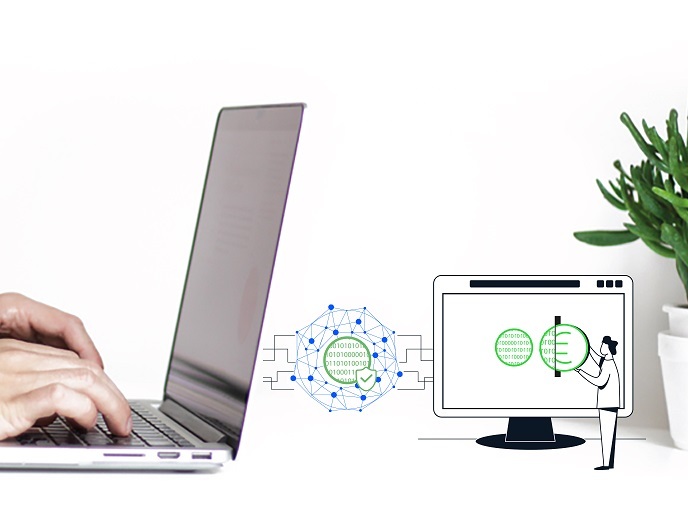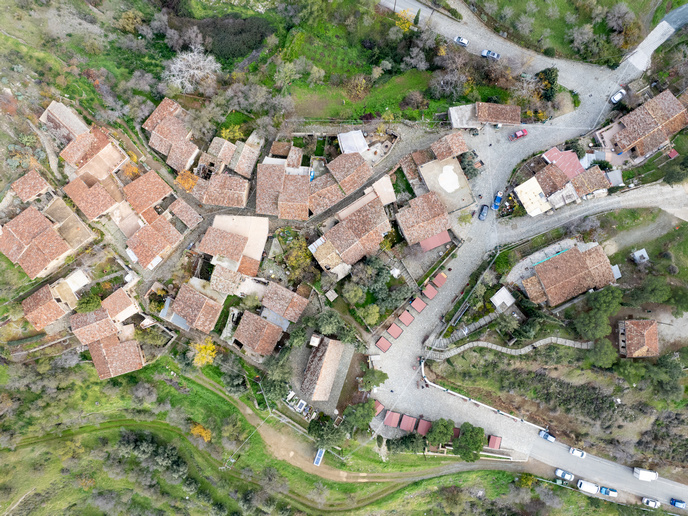Blockchain technology makes secure, low-cost and simple payments a reality for all
Centralised banking IT architecture is plagued with low performance and increased maintenance costs that are transferred down to customers. “As a result, there are about 165 million people living in Europe who are underserviced by banks because they are poor, underage or come from foreign countries,” notes Robert Kaluza, coordinator of the EU-funded project BILLON. “It’s also estimated that 2.5 million Europeans who applied for a bank account were rejected for being below the poverty line.”
Tackling financial exclusion
The BILLON team created a national currency distributed digital cash system that functions as an ecosystem for peer-to-peer payments. It’s complementary to existing payment schemes and legacy technologies, and makes frictionless payments available to everyone at very little cost. “Blockchain allowed us to not rely on any intermediary like a bank or card provider, but rather to carry out near real-time transactions directly between interested parties,” explains Kaluza. “By embedding e-money regulations into our protocol, we enable transactions in currencies like the pound sterling using blockchain.” To build the ecosystem’s foundation, project partners designed two solutions that meet the needs of those underserved by current payment providers. The first product is a motivations and loyalty tool for businesses that provides encouragement to target groups such as employees, clients, temp workers and gig economy participants through instant incentives like bonuses and rewards.
Revolutionising direct payments
“By putting motivation and loyalty programmes on blockchain, businesses can slash payment processing costs and improve their insights into customer behaviour thanks to data collected during every transaction,” adds Kaluza. Money recipients in turn benefit from a better user experience, as payments are instant and money can be easily cashed out at an ATM or transferred to a bank account. The second product involves e-commerce payments and monetisation of online content for small businesses and content creators like streamers, bloggers and YouTubers. It enables these end users to accept real-time payments for their products or content regardless of the value. Both solutions received positive feedback from high-end clients and their customers. To commercialise the products, the project team applied for licences to process e-money transactions in Poland and the United Kingdom where it operates. “Thanks to these licences, we’ll be able to offer several payment services in Polish and British national currencies, provide e-money wallets, issue payment instructions, make transactions, and exchange currencies or remittance,” Kaluza says. Issuing e-money in the form of a national currency will have the same value as cash and money in a bank account. “Being granted the first-ever e-money licence in Poland was publicly lauded as a tremendous success and a new approach to Polish financial regulations concerning fintech.” The accolades don’t stop there. The blockchain technology won Best Corporate Blockchain Project at The Europas Awards, picked up a World Summit Award in Business & Commerce, and was featured in The FinTech50, an annual list of the 50 hottest fintech companies in Europe. “The regulatory-compliant blockchain technology results in an extremely fast and safe payment method that can be used by any person with a smartphone, regardless of their financial standing, age or social status,” concludes Kaluza.
Keywords
BILLON, payment, blockchain, bank, transaction, e-money, banking, currency







